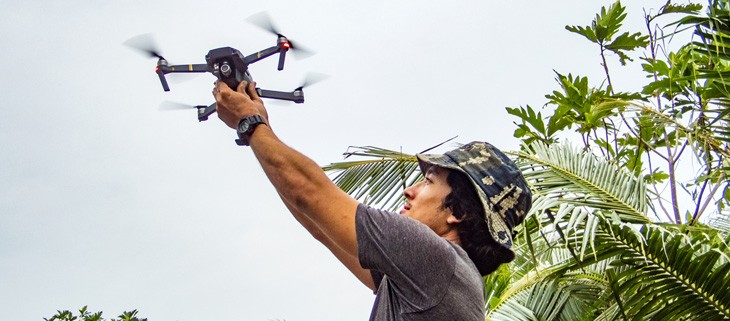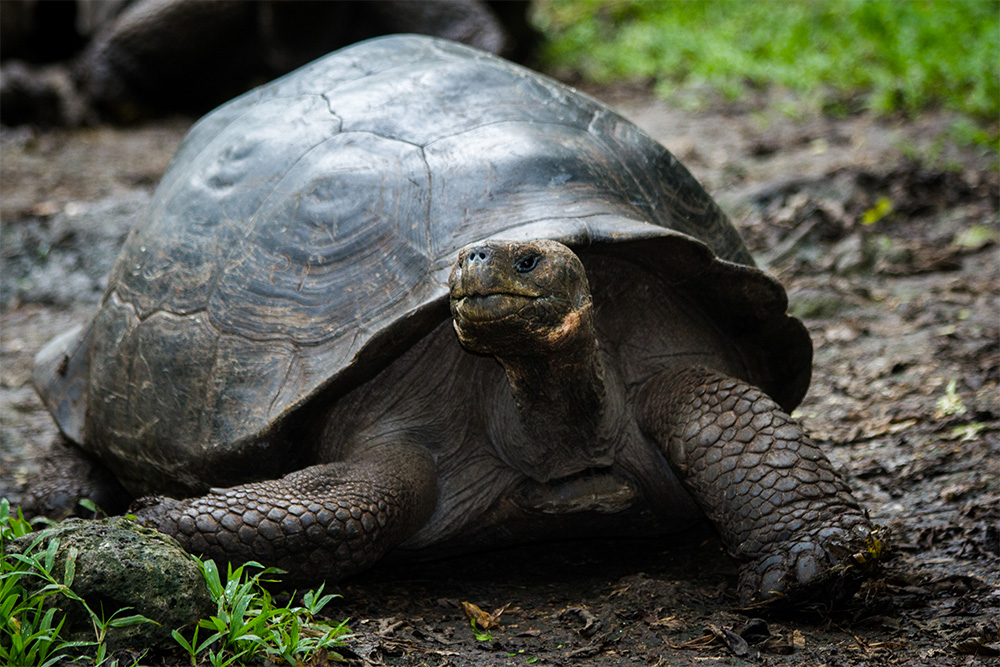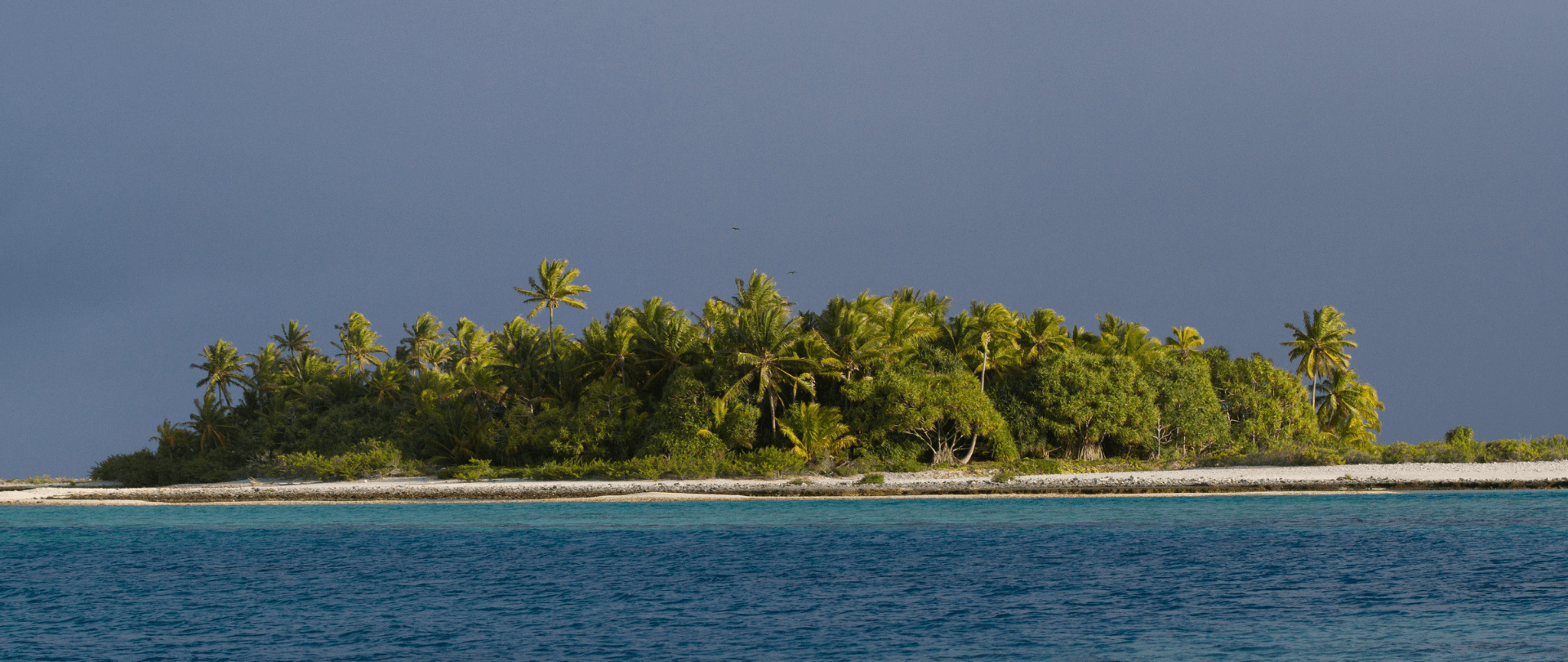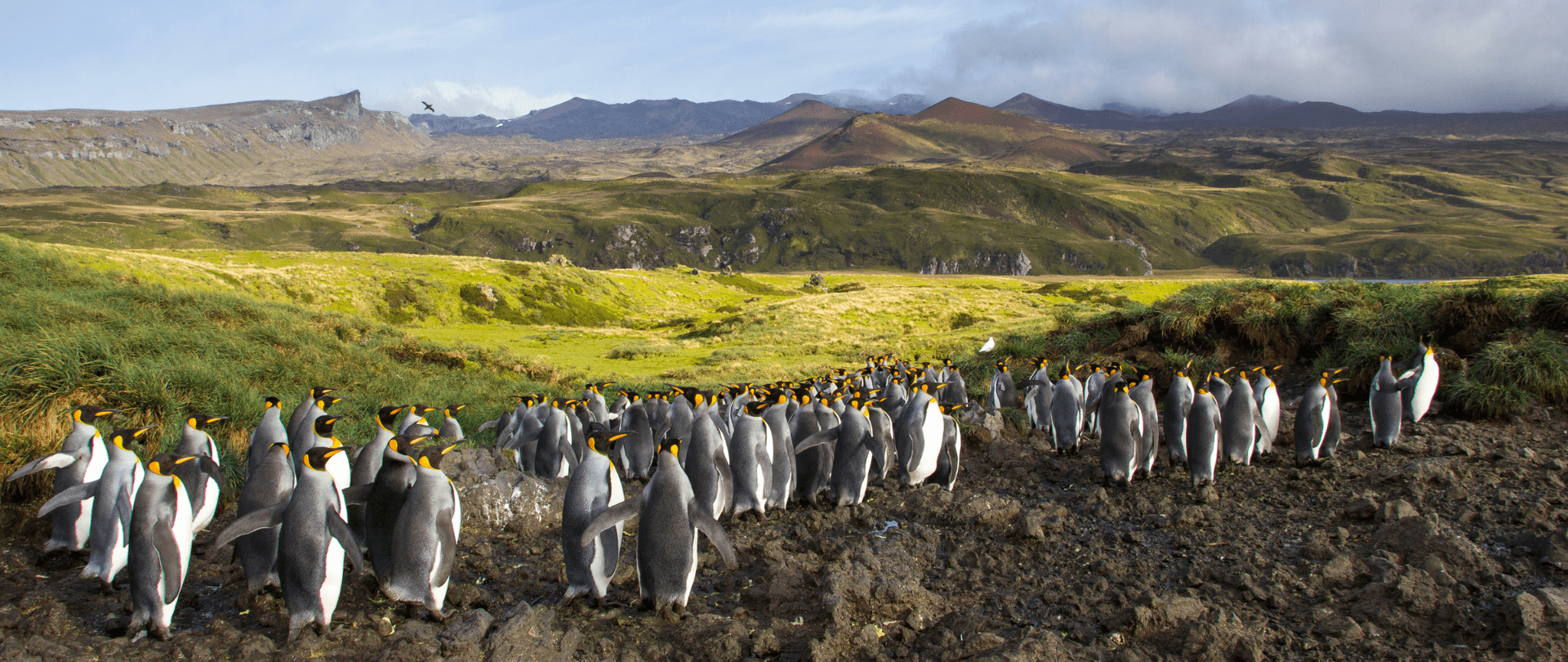The Ebiil Society: Champions of Palau
Ann Singeo, founder of our partner organization the Ebiil Society, shares her vision for a thriving Palau and a flourishing world of indigenous science!
Our new online shop is live!
Published on
June 5, 2018
Written by
Island Conservation
Photo credit
Island Conservation

Are you an innovator? A creative thinker? Always have a trick up your sleeve and a clever idea to solve the latest problem that stands in the way of progress? Your inventiveness could help further global conservation efforts aimed to prevent extinctions—and you could land a prize of up to $20,000.
The Con X Tech Prize is a competition for bold new ideas in conservation technology. Twenty finalists will receive $3,500 and one cunning team will win the grand prize of $20,000.

A tricky puzzle
Introduced, damaging (invasive) vertebrate species on islands are a primary driver of extinction of island species, but this threat can be addressed by removing (eradicating) the invasive species. To ensure an invasive species does not repopulate the island, we must be certain that every single invader has been removed. “Confirming zero”—being certain that no invasive species are left on an island, is very difficult work.
Conservation biologists search thousands of kilometers of islands and sort through hundreds of thousands of photos, which can take months, or even years. Tools like remote, motion-activated monitoring cameras, track-pads (flat surfaces like sand that capture footprints), and drones are effective at detecting invasive vertebrates but are limited by our ability to deploy field staff and detection tools, and again to retrieve and analyze detection data – especially on remote islands with no internet access. Innovative technological solutions that could rapidly identify species and deliver real-time detection data could save conservation biologists countless hours and result in the preservation of unique species for future generations.

Calling all innovators
Island Conservation, the National Invasive Species Council, and Conservation X Labs need help from innovation gurus, hobbyists, and dreamers to help us accurately detect invasive species at the lowest densities and confirm that the last invasive vertebrate has been removed from an island.
To learn more about this challenge and to apply, visit the Conservation X website. We look forward to hearing your innovative ideas.
Featured photo: Island Restoration Specialist, Jason Zito, launching a drone on Kayangel, Palau. Credit: Tommy Hall/Island Conservation
Check out other journal entries we think you might be interested in.

Ann Singeo, founder of our partner organization the Ebiil Society, shares her vision for a thriving Palau and a flourishing world of indigenous science!

This historic agreement aims to protect the marine and coastal areas of the Southeast Pacific.

Our projects to restore key islets in Nukufetau Atoll forecast climate resilience and community benefits in Tuvalu!

Island Conservation and partners have published a new paper quantifying ecosystem resilience on restored islands!

Climate Week NYC: what is it and why is it important? Read on to find out why Island Conservation is attending this amazing event!

With sea levels on the rise, how are the coastlines of islands transforming? Read on to find out how dynamic islands really are!

Join us in celebrating the most amazing sights from around the world by checking out these fantastic conservation photos!

Rare will support the effort to restore island-ocean ecosystems by engaging the Coastal 500 network of local leaders in safeguarding biodiversity (Arlington, VA, USA) Today, international conservation organization Rare announced it has joined the Island-Ocean Connection Challenge (IOCC), a global effort to…

Island Conservation accepts cryptocurrency donations. Make an impact using your digital wallet today!

For Immediate Release Conservation powerhouse BirdLife South Africa has joined the Island-Ocean Connection Challenge (IOCC) – a global initiative aiming to restore, rewild and protect islands, oceans and communities – to support its work to save internationally significant albatross populations…